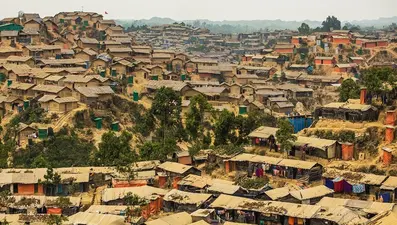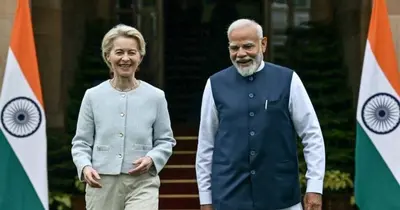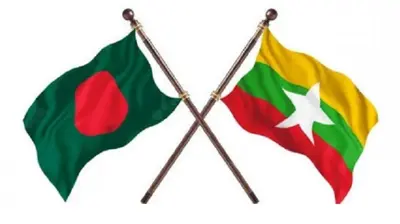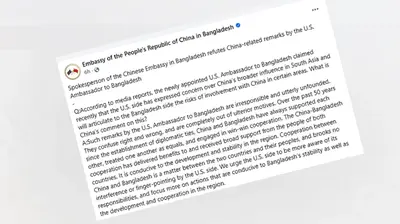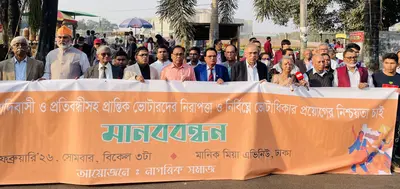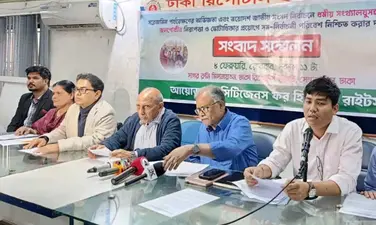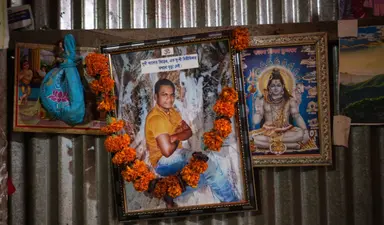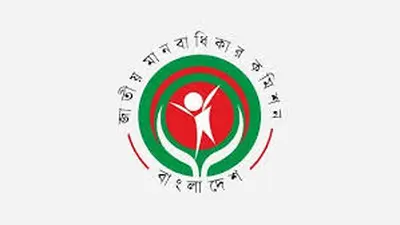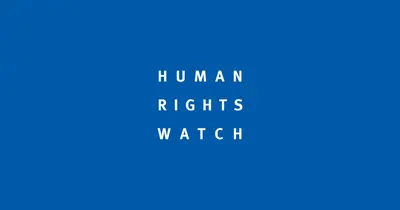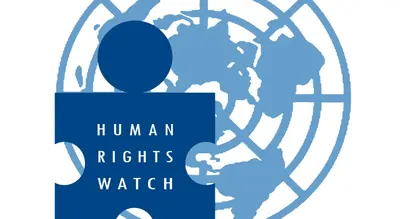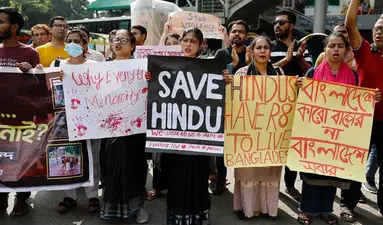Opinion
Human rights at the core of a new chapter in EU-Bangladesh relations

From 15 to 19 September, the European Parliament’s Subcommittee on Human Rights will visit Bangladesh. This is not an isolated act of diplomacy, but rather part of a long-standing commitment: to stand alongside the people of Bangladesh as they strive for dignity, justice, and human rights.
Over the years, the European Parliament has raised its voice repeatedly in support of these aspirations. In September 2023, we adopted a resolution on the human rights situation in Bangladesh, notably highlighting the growing harassment and criminalisation of human rights organisations such as Odhikar.
Our Parliament has also addressed the plight of the Rohingya population, with a dedicated resolution in September 2019, as well as several others concerning Myanmar, condemning the despicable human rights violations perpetrated against the Rohingya and calling for both humanitarian protection and accountability. We also held discussions on the human rights situation in Bangladesh in the aftermath of the July-August 2024 popular uprising, a tangible demonstration of our continuous commitment to your country.
Our visit comes at a crucial moment. Bangladesh is preparing for a new chapter in its democracy, by holding parliamentary elections in 2026. In parallel, the EU-Bangladesh partnership continues to grow, based on respect for human rights and democratic governance. We commend the efforts of the interim government, including the work of the reform commissions, to strengthen democratic governance, human rights and the rule of law.
These steps are important and deserve recognition. Yet there remain areas where more progress is needed for Bangladesh to meet international standards, for example in the field of labour rights and due process. The European Union stands ready to support Bangladesh in this endeavour.
Democratic governance lies at the heart of our shared priorities. Elections must be free, fair, and credible if they are to reflect the will of the people. Trust in the democratic process is essential for the smooth functioning of any democracy. To this end, the EU is ready to provide continued support in any capacity that Bangladesh deems appropriate.
The EU Election Expert Mission 2024 has already made recommendations to the Bangladeshi authorities and we believe that their implementation would contribute towards building trust in the democratic process.
Beyond the electoral process, our visit will provide the opportunity to discuss a broad range of issues related to human rights and the key role they play in Bangladesh-EU relations, from rule of law to fight against torture, from space for civil society to gender equality and women rights, not to mention social rights and climate justice.
EU–Bangladesh relations have entered a new and promising phase, with the negotiations of a Partnership and Cooperation Agreement and the prospect of continued preferential access to EU markets under GSP+. In both cases, we must work together to ensure that human rights and the development of strong democratic institutions remain the guiding principles of our cooperation – only on such foundations can our relationship truly flourish and deliver for Bangladeshis and Europeans alike.
Mounir Satouri
Member of European Parliament
Chair of the European Parliaments’ Subcommittee on Human Rights (DROI)

